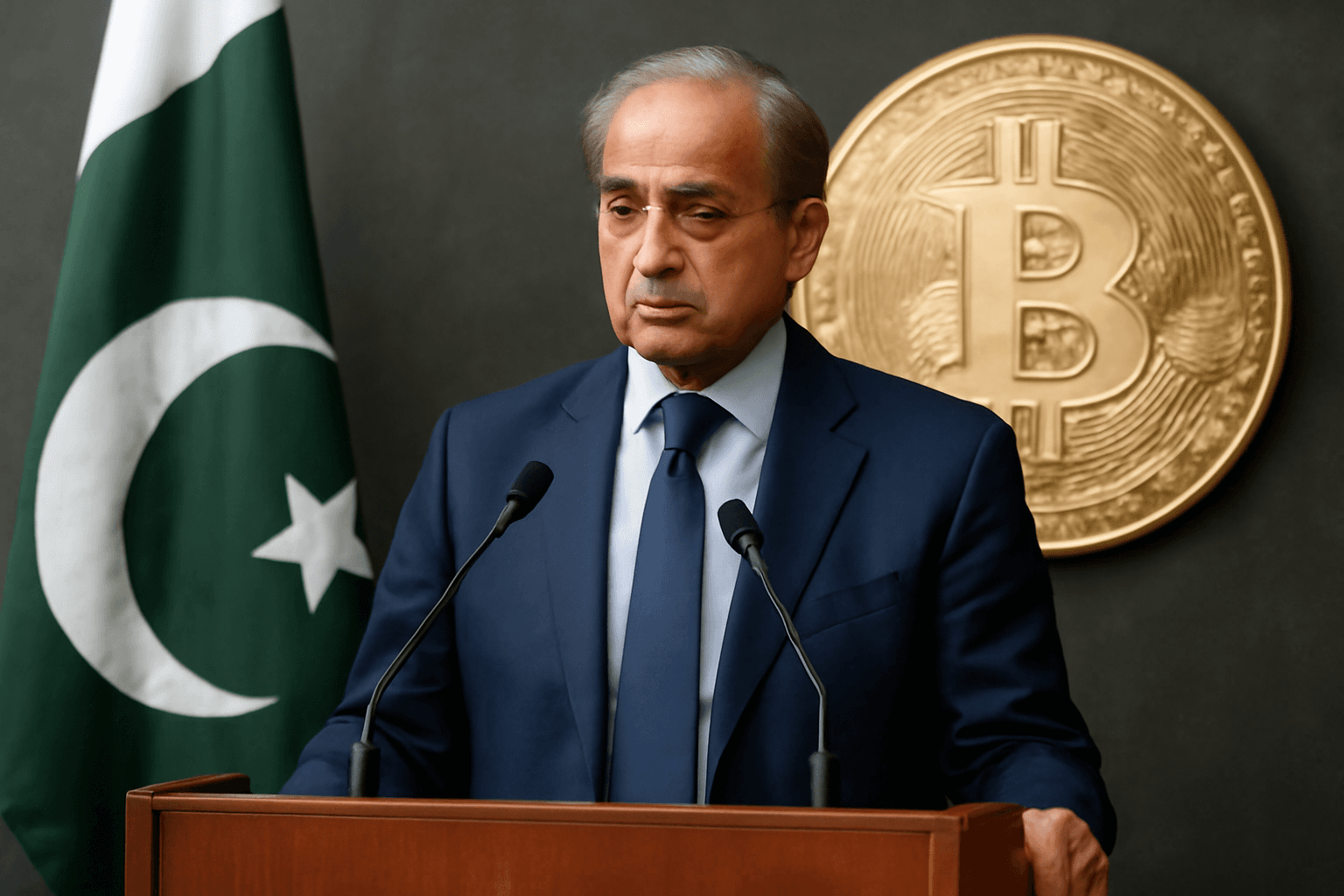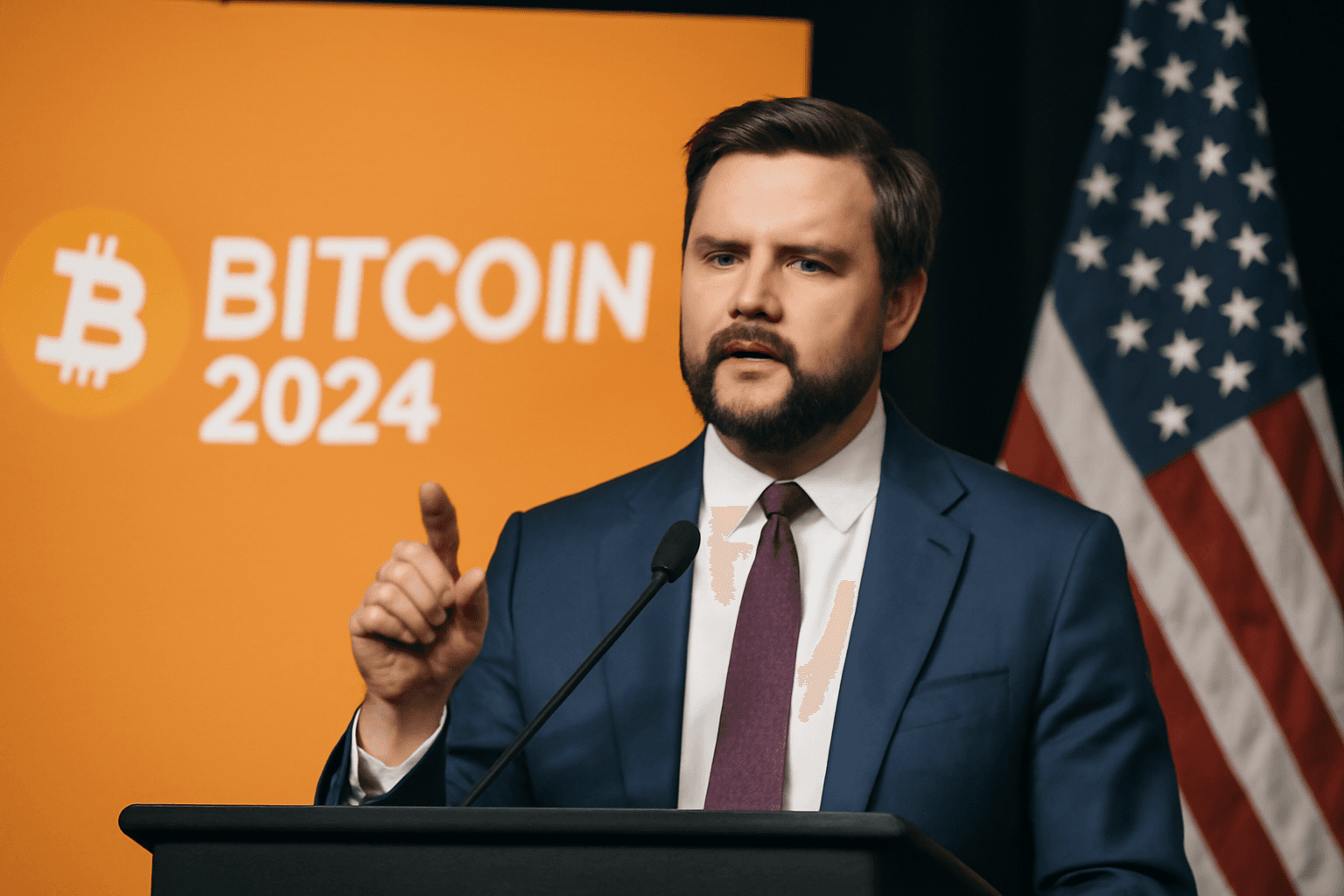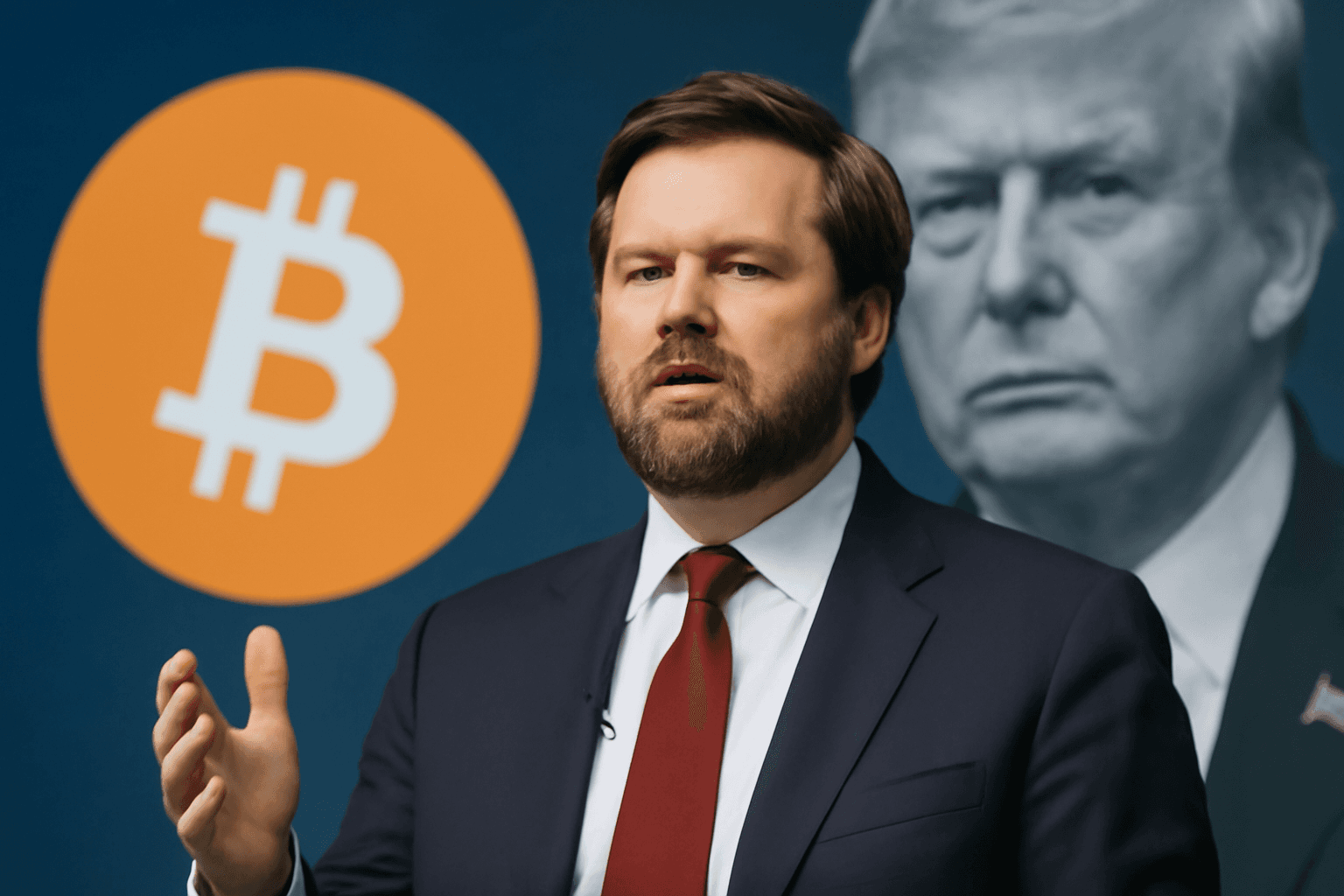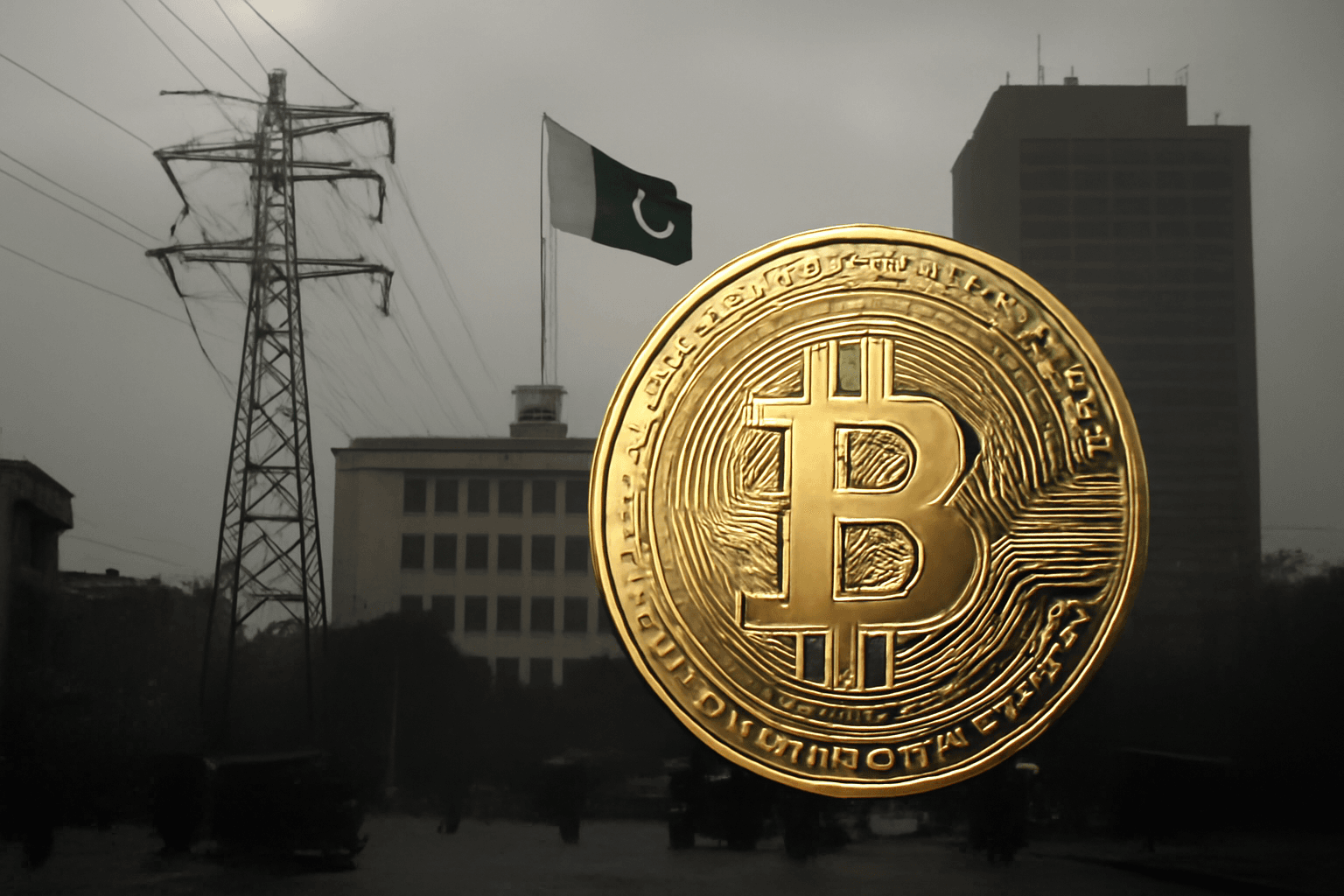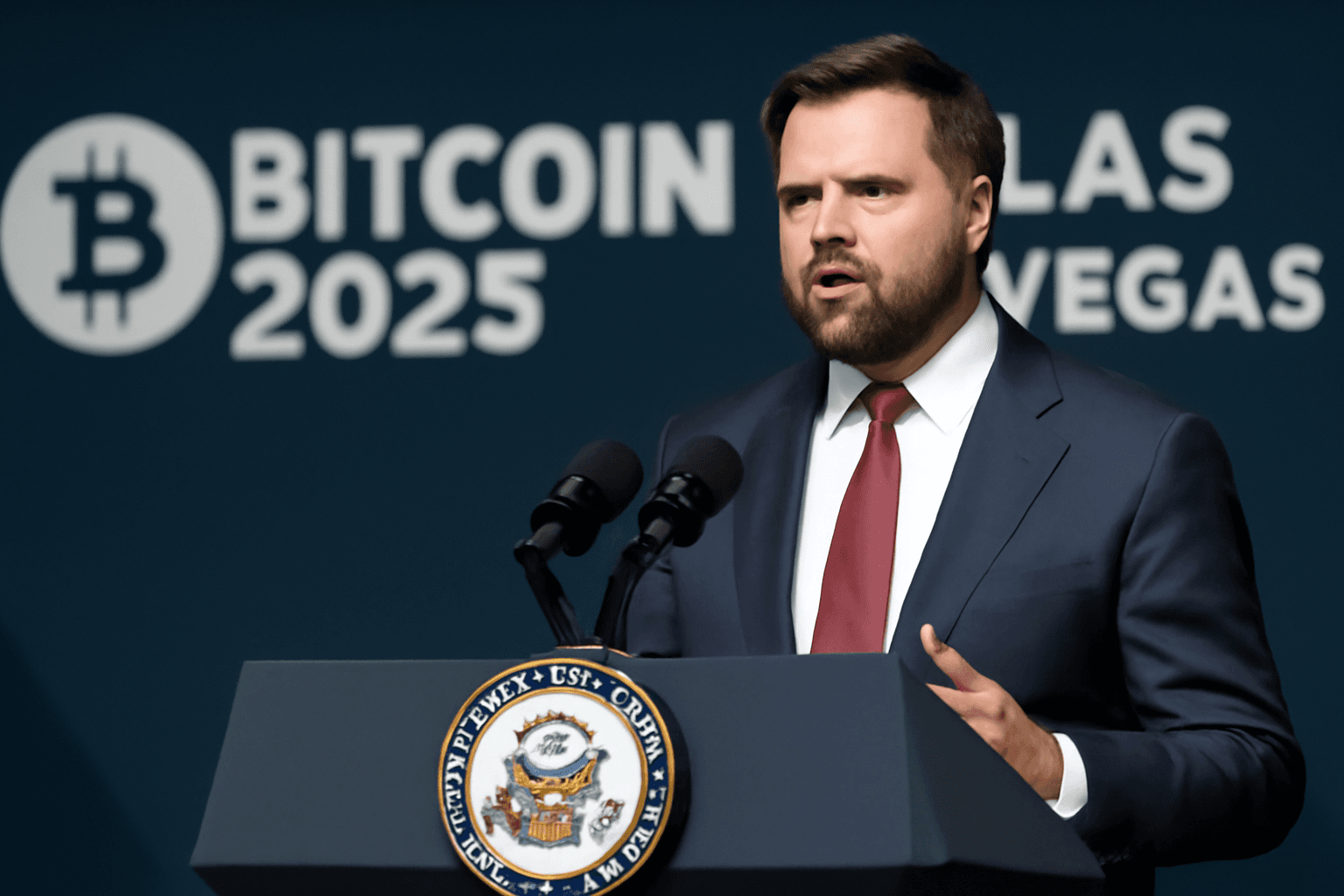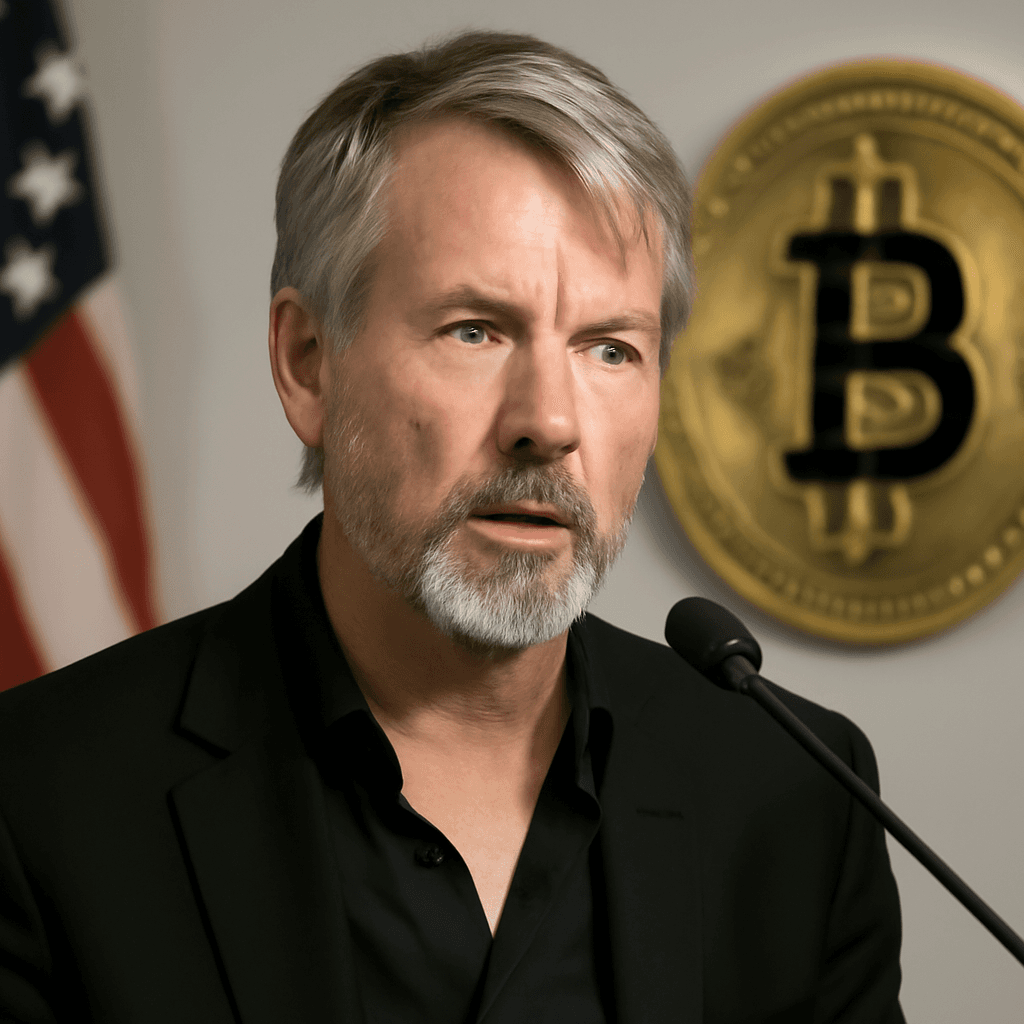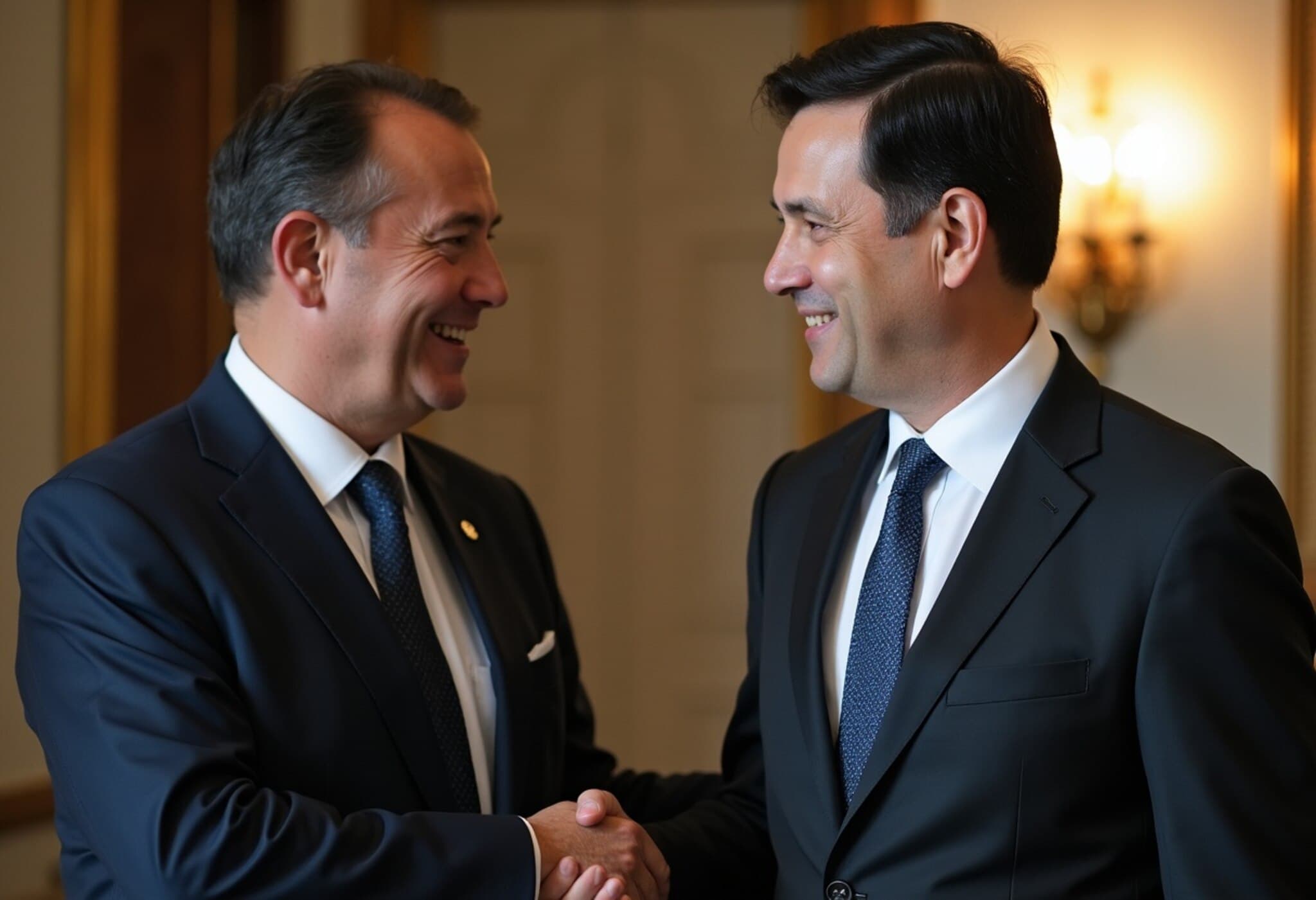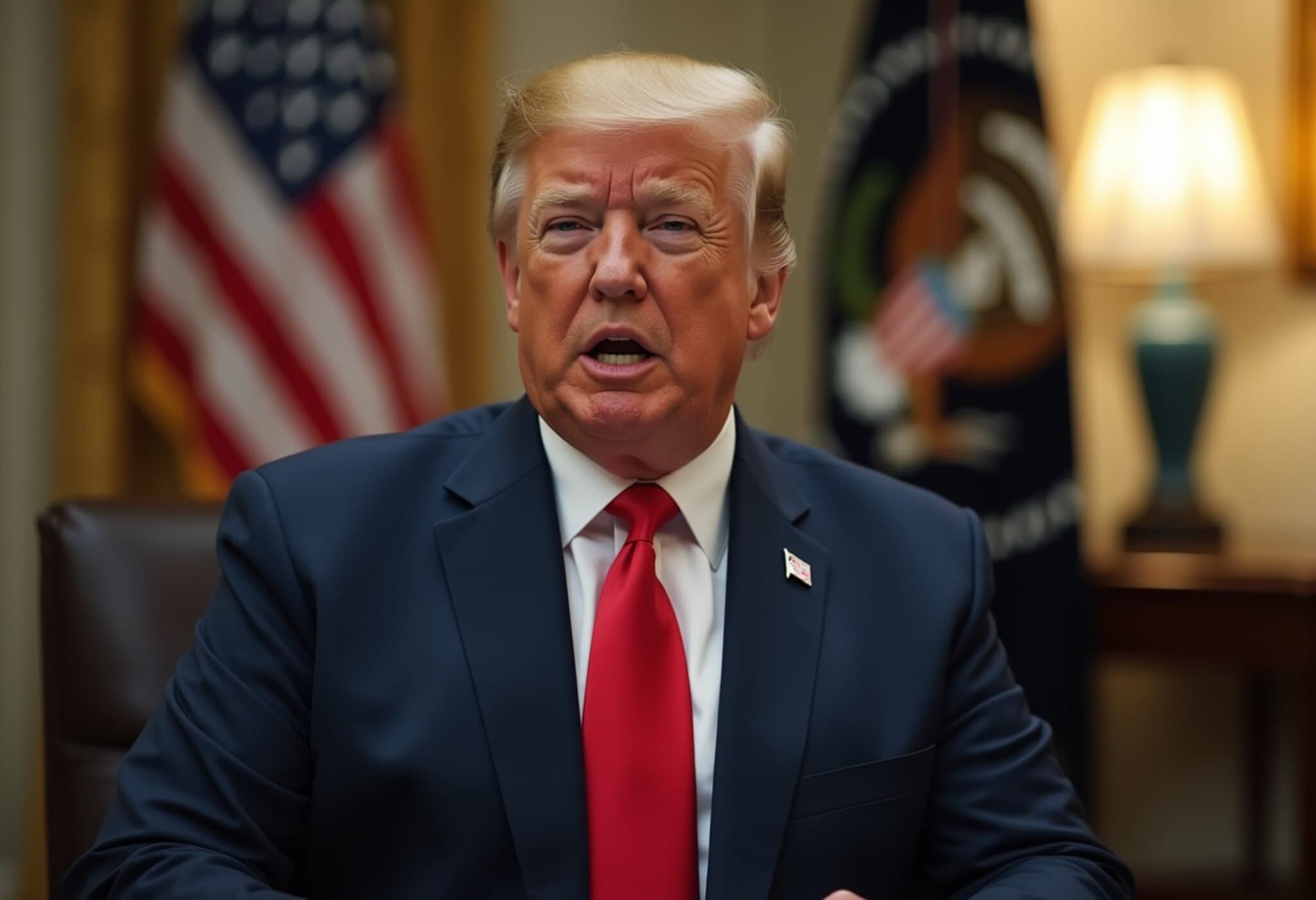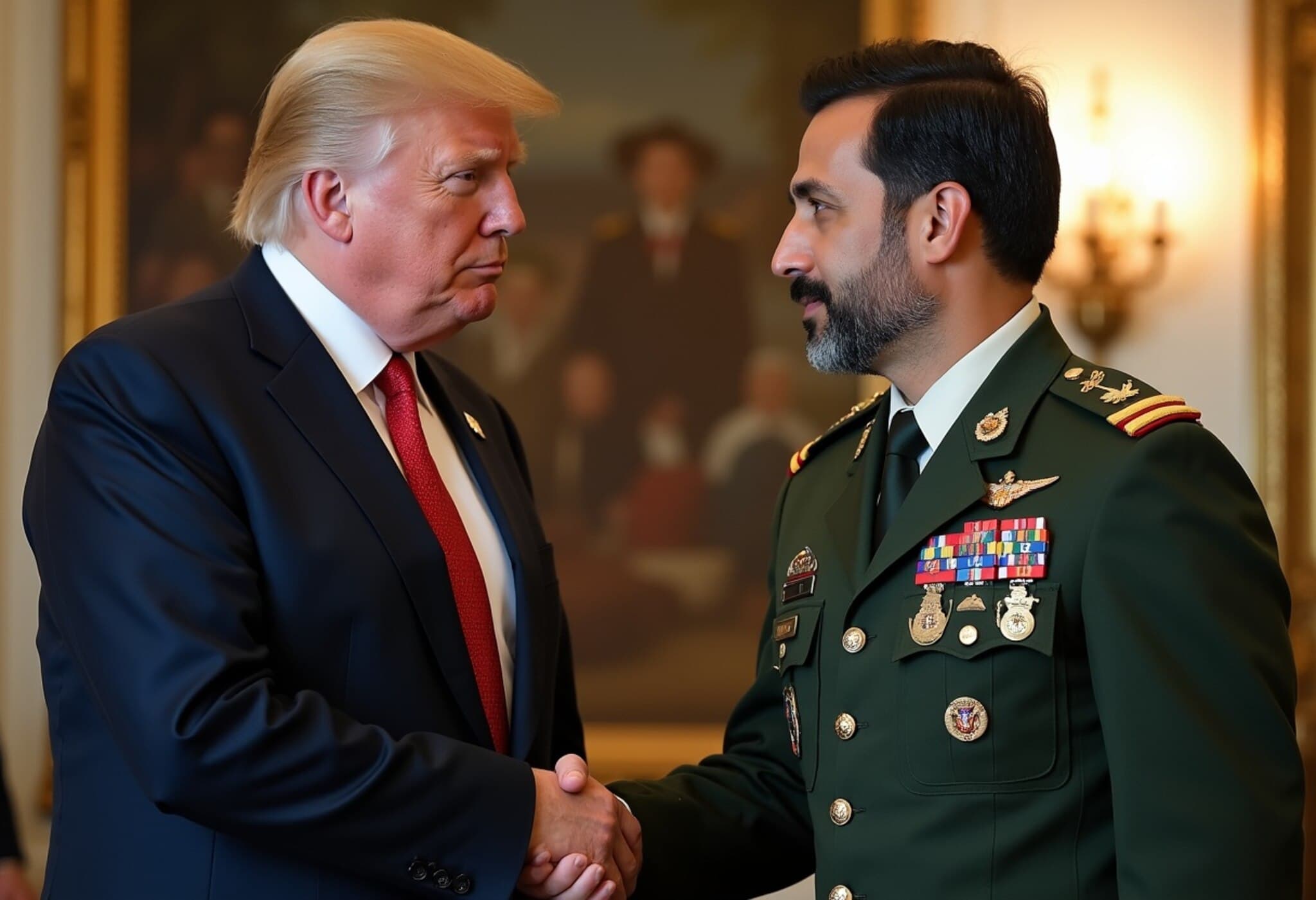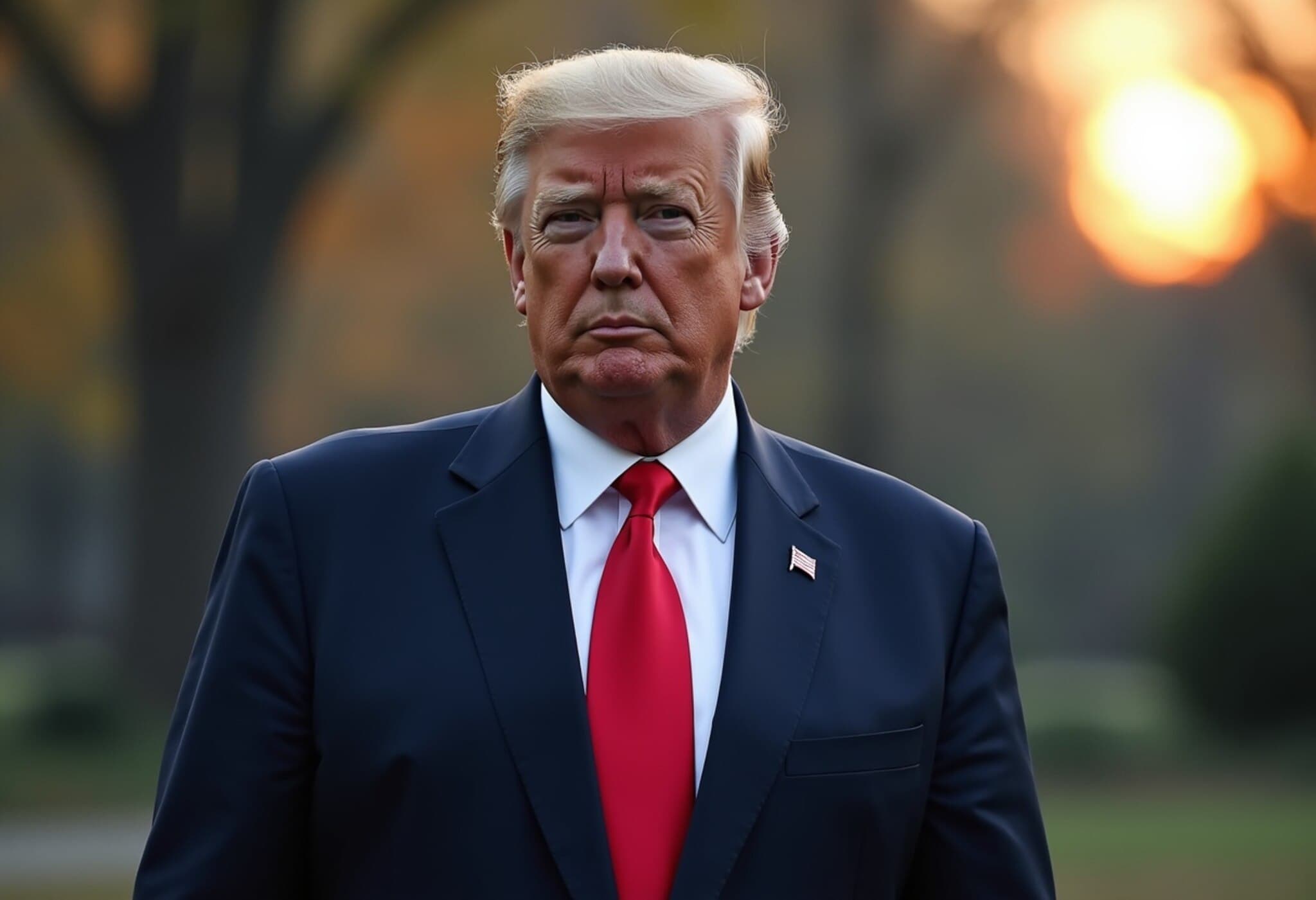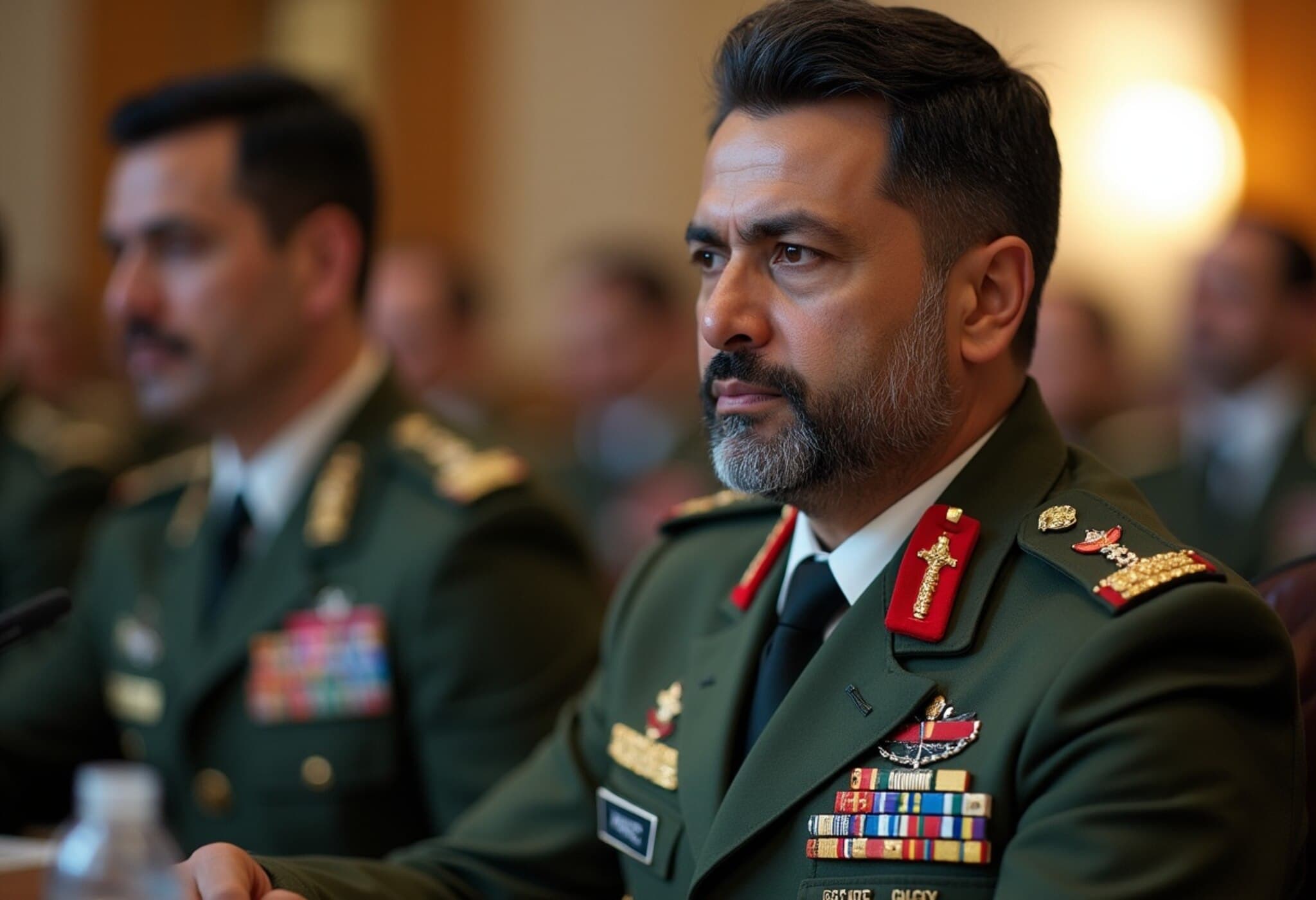In a landmark move to position itself as a frontrunner in digital innovation, Pakistan has announced the establishment of its first government-backed Strategic Bitcoin Reserve. The announcement was made by Bilal Bin Saqib, CEO of the Pakistan Crypto Council, during the Bitcoin Vegas 2025 conference held in Las Vegas on May 28, 2025.
The initiative signifies Pakistan's renewed interest in cryptocurrency, interpreted by many as an effort to strengthen business relations with the family of U.S. President Donald Trump. Notably, the event attracted significant attention, with the presence of U.S. Vice President JD Vance and President Trump's sons, Eric Trump and Donald Trump Jr.
"Pakistan is no longer defined by its past. It is being reborn as a forward-looking hub of digital innovation — powered by its youth, sharpened by necessity, and led by a new generation of tech statesmen," Saqib remarked during his address.
Pakistan's pivot towards cryptocurrency closely mirrors recent U.S. policy developments. In March 2025, President Trump signed an executive order to create a strategic Bitcoin reserve. Pakistan's move appears to draw inspiration from this, as acknowledged by Saqib, who expressed gratitude towards the U.S. for this influence.
This initiative follows several crypto-friendly measures taken by Islamabad. Earlier this month, the Pakistan Crypto Council partnered with World Liberty Financial, a crypto platform backed by Trump, to expedite blockchain innovation domestically. Additionally, Pakistan's finance ministry announced plans to allocate 2000 megawatts of electricity specifically for Bitcoin mining operations.
Saquib further assured that Pakistan intends to maintain its Bitcoin holdings in a national wallet, emphasizing a long-term commitment by stating the government will "never ever" sell the cryptocurrency reserves.
Geopolitical Implications
Experts suggest these crypto initiatives could be tied to broader geopolitical dynamics. Recently, President Trump claimed to have facilitated a ceasefire between India and Pakistan after heightened tensions following a terrorist incident in Kashmir’s Pahalgam area. Pakistan has publicly supported Trump’s narrative, while India maintains the resolution was achieved through direct bilateral negotiations, minimizing U.S. involvement.
However, some analysts critique Pakistan's crypto agenda as politically motivated rather than economically driven. Hussain Nadeem, a policy strategist and AI expert, argued that the ruling elite's focus on crypto serves political ambitions rather than public welfare.
“The regime’s engagement with crypto appears primarily aimed at gaining access to the Trump White House rather than leveraging blockchain’s potential for transparency, democratic governance, or economic empowerment. This approach contradicts the decentralized philosophy of blockchain technology,” Nadeem stated.

